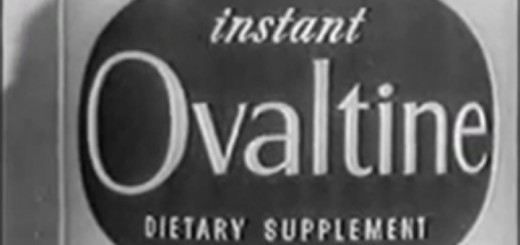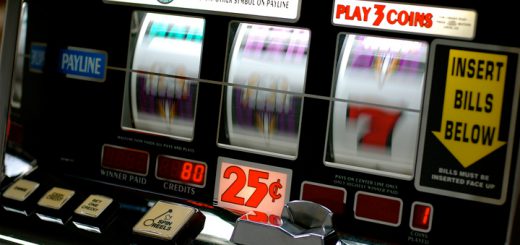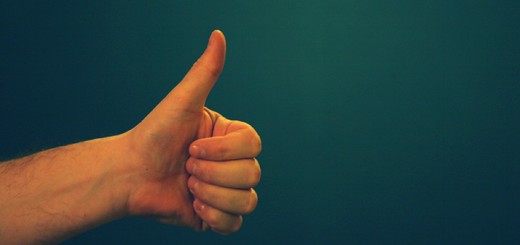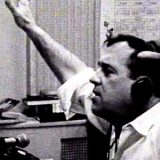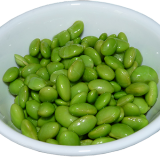Here’s What Podcasting Has Done To 238 Years Of History
If Thomas Edison, John Gabel and the principals of Automated Musical Instruments Inc. (AMI) were alive today they’d be rolling over in their graves* for what podcasting has done to their invention. As podcasters, we should be more embarrassed than amused. And we should seriously consider this fix.
Beginning in 1877, Edison, Gabel and AMI were instrumental (no pun intended, which is unusual for me) in the development of the modern-day jukebox. From the point of view of gathering listening statistics, nothing beat the jukebox. Listeners dropped coins in a slot and a counter kept score of the times each song was played. There were no samples to approximate or data to fudge.
Downloads—More Amusing Than The Podcasts They Come From
Then along came the podcast, and it trashed all that. As I’ve written before, nothing is more sought after these days, and at the same time so totally useless, as the number of downloads a podcast attracts. With all the earnestness it can muster, podcasting has turned counting plays from a serious metric into a mathematical amusement on a par with the number of water molecules in a thimbleful of water.
Now, that recognition is moving up the podcasting food chain.
There is also a core problem with podcast analytics, in which the download is the currency of listening metrics, even though downloading might not remotely correspond to whole-show or part-show listening.
Can you kiss a corporation?
That’s what PodcastOne wrote* in a post to the RAIN blog last week. And the company didn’t stop there. It cited one of the side effects of counting downloads when it came to the user experience. Potential listeners who are turned off (a 1960s expression that has a double meaning here) by the complexity of listening to a podcast shy away from all podcasts. PodcastOne wrote that the, “…persistence of a download mentality in podcast apps, [makes] it difficult for users to stream programs, or even to be aware that streaming is available without downloading shows onto local devices.”
Yes, the largest podcast network in the country is arguing that a better way to listen to podcasts is to listen to them the same way we listen to music: via a stream.
Hey—It’s Pod-CASTING Not Pod-STREAMING
Sure, streaming a podcast doesn’t sound like podcasting. As PodcastOne admits, “…streaming podcast shows in passive listening environments changes it from on-demand audio to lean-back audio.” Isn’t the whole point to be able to listen to a podcast whenever and wherever you want?
Yes, that is ONE way of listening. But here’s a counter-question. Does it make sense to offer a listening method that (a) is difficult to use; (b) is difficult to measure in any meaningful way and (c) may chase away more listeners than it attracts? The answer depends upon why you’re in podcasting in the first place.
If you’re enamored of the podcasting art form, you’re excused if you’re experiencing palpitations. If you’re in the business in the hope that your point of view can bring clarity, curiosity or humor to your listeners the download mentality is probably doing you more harm than good.
You’ve Heard This One Before
Before we get too excited patting ourselves on the back for inventing a new media form take a breath. Most podcast content—music, talk, comedy, drama and storytelling in sound—originated with radio. Podcasting is a new delivery system for an established form of entertainment. And, that new form has some glaring problems, downloads being one. (Listening complexity is another.)
While podcasting has expanded the amount, diversity and availability of audio content, it’s done so at the expense of ease of use and monetization. It’s a bad tradeoff. Streaming has the potential to fix, or at least ameliorate, some of these problems and create a more listener-friendly environment.
It’s time to make the move in that direction. Because when we ramble on about the number of downloads podcasts have we’re doing little more than talking trash.
**The author is uncredited.


